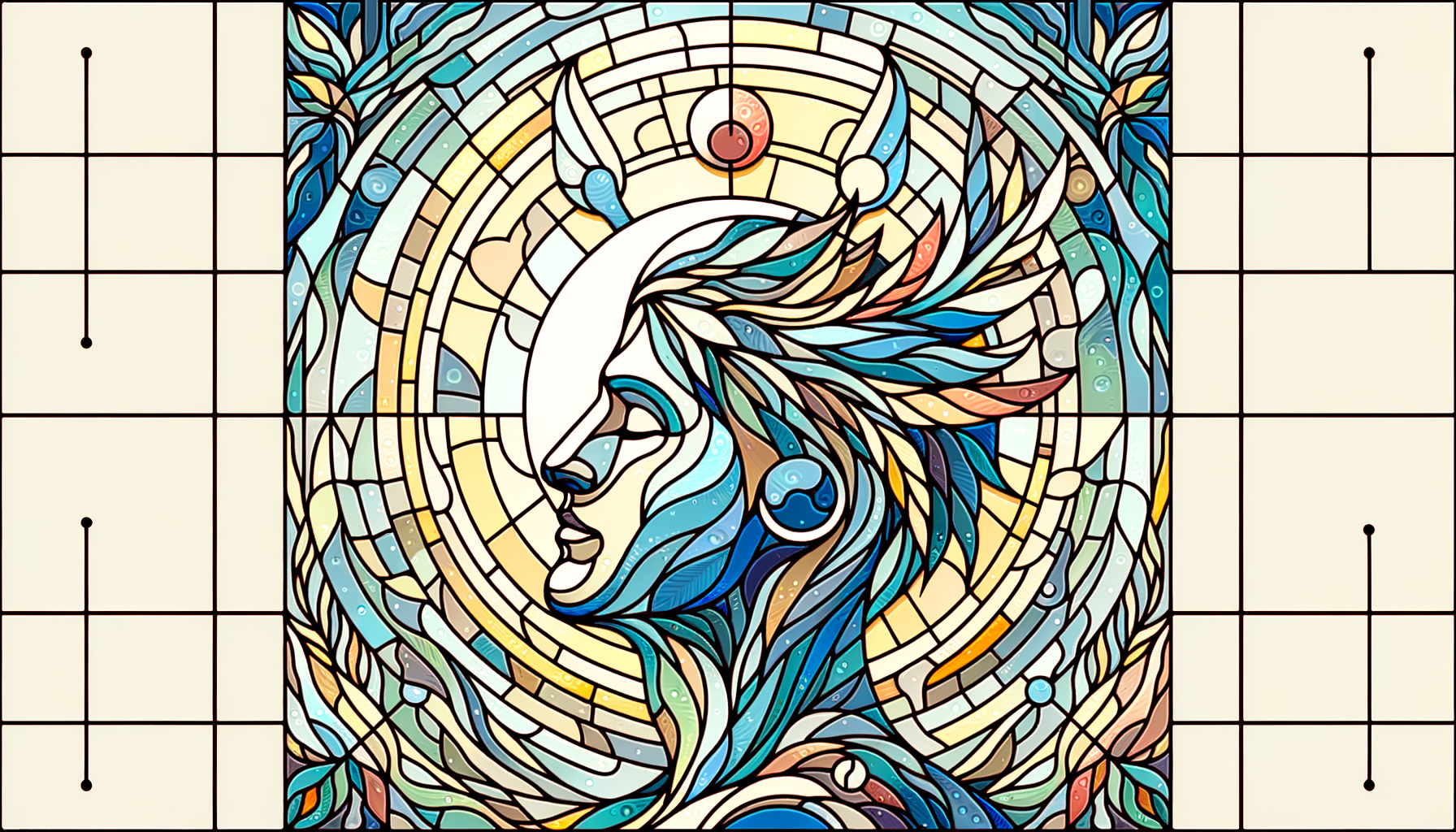It wasn’t until the day I saw my byline in print that I realized how naked vulnerability could feel. Naked, yes, but also—somehow—triumphant. Like streaking through the Vanderbilt quad at midnight, exhilaration and panic chasing each other in equal measure. Only this time, instead of classmates, it was my heart out there on the page for the world to gawk at.
Let me set the stage for you.
[The First Step: A Bruised Ego and a Google Search]
I’d always had words. As a kid, I filled composition books with songs about untamed rivers and high school crushes who didn’t know I existed. But writing for other people? Sharing those words in public? That felt like the kind of terrifying leap people only took when dared.
I can trace it all back to a moment during my freshman year at Vanderbilt. I had just gotten my first “C” on an essay. A moment of silence, please. My professor, sensing my barely concealed breakdown over the feedback (“engaging, but overzealous”), suggested I try a new kind of storytelling—one that didn’t force me to pin down all the answers by page three. “Write what you know,” she told me, packing years of literary wisdom into four maddeningly unoriginal words. Write what I know? What did I know?
Enter my bruised ego, my roommate’s sympathy brownies, and half a bottle of Tennessee whiskey. That’s when I Googled something like “how to get published locally… East Nashville” and stumbled on a pitch guide for a small artsy magazine. They wanted short essays—a blend of autobiography, cultural musings, and wit. You know, words that sounded fun until you tried typing them at 3 a.m.
[The Deadline: A Love Letter to the Laundry Mat]
I sent in a story I wasn’t sure made sense. It was about the laundromat on the corner of my block, where failing appliances meant you’d either learn to improvise or give up entirely. On paper, I waxed poetic about the machines and the people they brought together, but really, it was my not-so-subtle commentary about finding connection amid chaos. Maybe it was genius, or maybe I’d just overdrafted on student meal points. Regardless, I hit send before I could delete it.
And then, three weeks later, my inbox lit up.
They wanted to publish it. My name. In print. For all six of their readers to see.
[The Aftermath: Fear Dressed in Overalls]
The morning of publication, I biked down to the nearest coffee shop to pick up a stack of compliments disguised as magazines. It felt ceremonial—heading into that café in my best thrifted boots, nodding at the barista like he should definitely know I was someone now.
But when I saw it—a slim little paragraph under my name—I didn’t feel the glory I’d envisioned. Instead, insecurity hit me like a country song on full blast: What if they hated it? What if they pointed at the page and whispered, “Who let her in here?”
Spoiler alert: they didn’t. Strangers didn’t fling mason jars or demand refunds at checkout. One customer even laughed—out loud—when reading it. Positive feedback in the wild from someone other than my mom.
It turns out, vulnerability doesn’t just leave you naked—it leaves you seen.
[Lessons Learned: Living A Little Braver]
Publishing that first story taught me two things. First, that creativity works best when you stop babysitting it. I’d spent weeks trying to make the laundromat essay perfect before submitting it, but perfection wasn’t what the editor wanted. She wanted heart. Authenticity, even when messy, is irresistible.
Second, putting yourself out there doesn’t magically get easier just because you’ve done it once. Like a first date, publishing your first story can be exhilarating and horrifying all at once. Rejections will teach you plenty, sure. But those rare victories? They’re the moments that’ll nudge you toward writing (or dating, or singing) again, even when confidence wavers.
[Final Thoughts: Why We Should Keep Showing Up]
I’ll be honest—living braver is still a work in progress. There are plenty of days when I stare at a blank Word document and hear my internal editor yell “Who needs more words about relationships, Savannah?” But bravery isn’t about certainty. It’s about doing the thing anyway—whether it’s pitching ideas, falling in love, or—yes—streaking like no one’s watching.
My advice? Send the pitch. Face the silence. Own the missteps. Because the joy of connecting—whether through relationships or one vulnerable little essay—is always worth the risk.
So what’s your first brave step going to be?




















